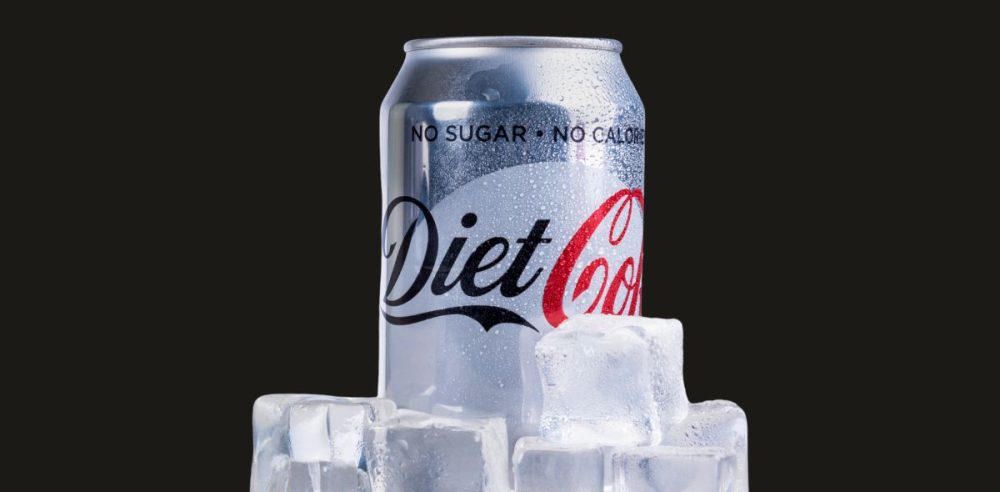A new study says that the popular sugar substitute aspartame is linked to higher instances of heart attacks and stroke.
While previous research has indicated that artificial sweeteners may raise the risk of stroke, heart disease, and premature death, researchers in Sweden wanted to find out how aspartame, specifically, might cause harm.
“One of my students was sipping on this sugar-free drink, and I said, ‘Why don’t you look into that?’” said senior study author Yihai Cao, a student of chronic diseases related to blood vessel disorders at the Karolinska Institute, per the New York Post.
Aspartame is marketed under brands such as Equal, Sugar Twin, and NutraSweet. Diet Coke uses it for its unique flavor with zero calories. Compared to sugar, aspartame is roughly 200 times sweeter.
In 2022, The Dallas Express reported on a French study that examined over 100,000 participants over multiple years. The study found that people who consumed higher levels of aspartame and another sweetener known as acesulfame potassium (branded as Sunett and Sweet One) possessed a 40% higher risk of coronary heart disease. Sucralose, better known as Splenda, also caused a higher risk, albeit slightly lower at 30%.
In 2023, the World Health Organization’s International Agency for Research on Cancer classified the sweetener as “possibly carcinogenic to humans.”
In a recent study, researchers fed mice food that contained 0.15% aspartame daily for 12 weeks. For a human, that would be equivalent to roughly three cans of Diet Coke each day.
The mice fed aspartame developed larger and more fatty plaque buildup in their arteries. They also experienced heightened inflation, which contributed to heart disease.
Cao and his team suspect elevated insulin levels could be caused by plaque accumulation, commonly known as atherosclerosis. The team concluded that the immune signal CX3CL1 becomes especially active under insulin stimulation.
“Because blood flow through the artery is strong and robust, most chemicals would be quickly washed away as the heart pumps… Surprisingly, not CX3CL1. It stays glued to the surface of the inner lining of blood vessels. There, it acts like a bait, catching immune cells as they pass by,” said Cao.
According to Cao, trapped immune cells are associated with driving blood vessel inflammation. When CX3CL1 receptors were removed from one of the immune cells in the aspartame-eating mice, plaque did not accumulate.
Unfortunately, actual sugar itself is linked to its own set of downsides, like higher obesity rates, type 2 diabetes, depression, asthma, and cancer.


